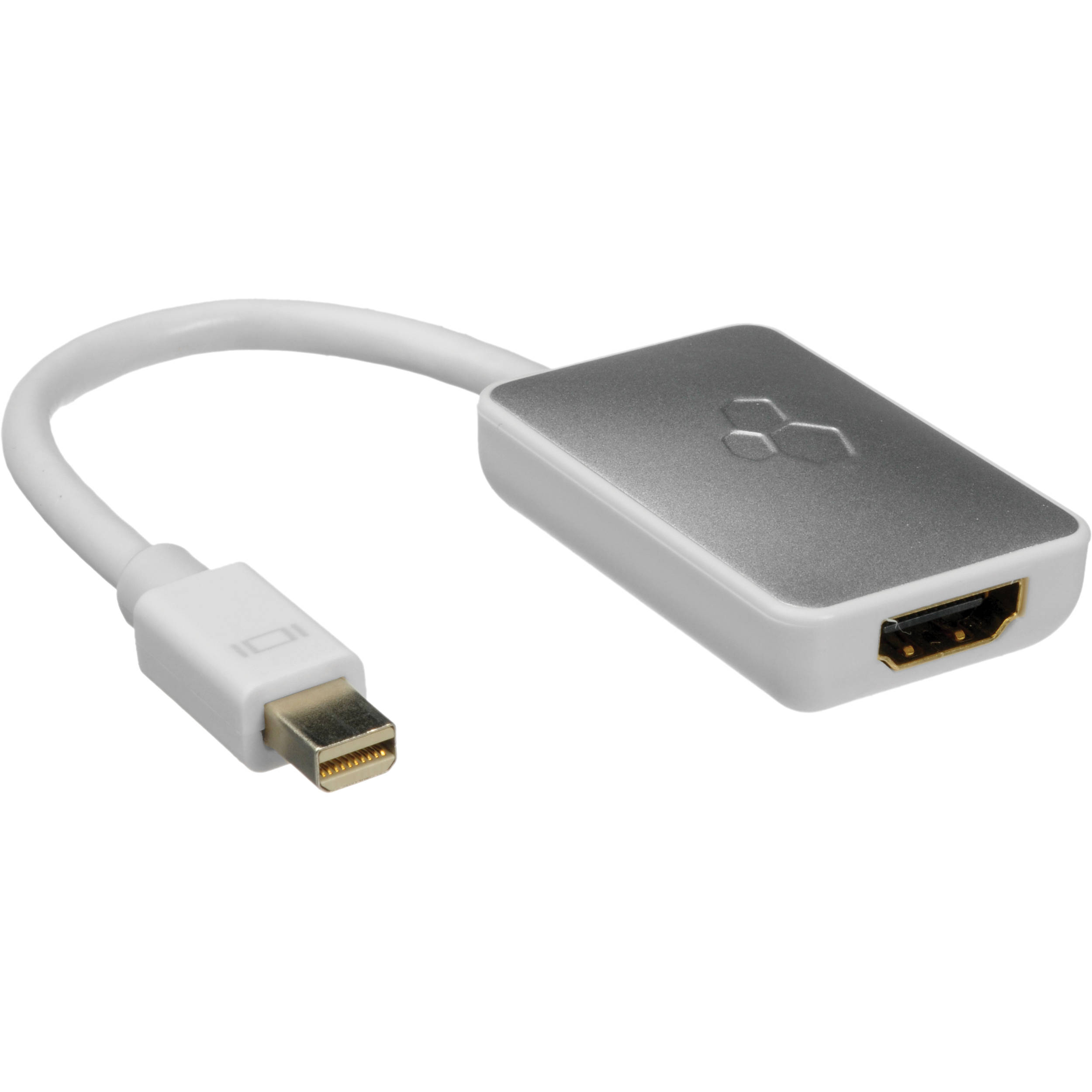

Articles
What Is Hdmi Adapter
Modified: February 15, 2024
Discover the benefits of using HDMI adapters with our informative articles. Learn how they enhance your audio and video experience in just a few simple steps.
(Many of the links in this article redirect to a specific reviewed product. Your purchase of these products through affiliate links helps to generate commission for Storables.com, at no extra cost. Learn more)
Introduction
Welcome to the world of HDMI adapters, where technology meets convenience. In this fast-paced digital era, staying connected and having seamless access to high-quality audio and video content is paramount. HDMI (High-Definition Multimedia Interface) has revolutionized the way we connect our electronic devices to our TVs, monitors, and projectors, providing crystal-clear audio and video transmission.
But what if you have a device that doesn’t have an HDMI port? This is where an HDMI adapter comes to the rescue. An HDMI adapter is a small device that allows you to convert or adapt one type of connector to an HDMI connection. In other words, it opens up a wide range of possibilities, enabling you to connect devices that wouldn’t be compatible otherwise.
In this article, we will delve into the world of HDMI adapters, exploring their types, benefits, and practical applications. Whether you’re a tech enthusiast, a gamer, or simply someone who wants to enhance their audiovisual experience, understanding HDMI adapters will empower you to make informed decisions when it comes to connecting your devices.
Key Takeaways:
- HDMI adapters bridge the gap between devices with different connectors, offering compatibility, enhanced audiovisual experiences, and flexibility. They simplify connectivity and open up a world of possibilities for seamless device integration.
- When choosing an HDMI adapter, consider factors such as connector types, signal conversion, resolution support, audio capabilities, power requirements, and device compatibility. Careful selection ensures optimal performance and a satisfying audiovisual experience.
Read more: What Is A Hdmi To Vga Adapter
What is HDMI?
HDMI, which stands for High-Definition Multimedia Interface, is an industry-standard audio/video interface used to transmit uncompressed audio and video signals between devices. Introduced in 2003, HDMI has become the go-to connection for high-definition multimedia devices such as televisions, projectors, gaming consoles, and Blu-ray players.
The main advantage of HDMI over its predecessors, such as component video and composite video, is the ability to transmit high-definition content without any loss of quality. HDMI supports resolutions up to 4K Ultra HD and beyond, providing stunning visuals with sharp details and vibrant colors.
HDMI also carries both audio and video signals in a single cable, eliminating the need for multiple cables or connections. This simplifies the setup process and reduces cable clutter. Additionally, HDMI supports various audio formats, including Dolby Digital, DTS, and Dolby TrueHD, delivering immersive sound experiences to complement the high-quality visuals.
Another notable feature of HDMI is its digital nature. Unlike analog connections, such as VGA or RCA, HDMI transmits data digitally, which means that there is no loss of signal quality due to interference or degradation over long cable runs. This ensures a consistent and reliable connection between devices.
Over the years, HDMI has evolved to meet the growing demands of the audiovisual industry. Different versions of HDMI have been released, each offering improved features and capabilities. The latest version, HDMI 2.1, supports higher resolutions, increased refresh rates, and enhanced audio formats, making it ideal for immersive gaming, home theater systems, and professional audiovisual setups.
With its widespread adoption and compatibility with a wide range of devices, HDMI has become the de facto standard for audio and video connectivity. However, not all devices come equipped with an HDMI port, which is where HDMI adapters come into play.
What is an HDMI Adapter?
An HDMI adapter is a small device that allows you to connect devices with different types of connectors to an HDMI interface. It bridges the gap between devices that may have incompatible connections, enabling you to enjoy high-quality audio and video transmission.
HDMI adapters come in various forms and designs, depending on the specific needs and requirements of the devices you want to connect. They can be as simple as a small dongle-like device or a cable with different connectors on each end. Some adapters may also include additional features, such as signal conversion or audio extraction.
One common type of HDMI adapter is the HDMI to VGA adapter. This adapter is useful when you want to connect a newer device with an HDMI output to an older display or projector that only has a VGA input. The adapter converts the digital HDMI signal into an analog VGA signal, allowing you to use your newer device with legacy equipment.
Another popular type is the HDMI to DVI adapter. This adapter is helpful when connecting newer devices with HDMI outputs to older displays or monitors with DVI inputs. It converts the HDMI signal to DVI, maintaining high-quality video transmission while disregarding the audio signals, as DVI doesn’t support audio.
There are also HDMI adapters that provide signal conversion, such as HDMI to DisplayPort or HDMI to USB-C adapters. These adapters allow you to connect devices with different interface standards, opening up more possibilities for connectivity.
In addition to signal compatibility, HDMI adapters can also serve other purposes. For example, there are HDMI audio extractors, which allow you to extract the audio signal from an HDMI source and send it to an external audio system. This is useful when connecting your TV to a surround sound system or soundbar.
Overall, HDMI adapters are versatile tools that expand the convenience and compatibility of HDMI technology. They provide seamless connectivity options, allowing you to connect devices with different connectors and enjoy high-quality audiovisual experiences.
Types of HDMI Adapters
HDMI adapters come in various types and configurations to cater to different connectivity needs. Here are some of the most common types of HDMI adapters:
- HDMI to VGA Adapter: This type of adapter allows you to connect devices with HDMI outputs to VGA inputs. It is commonly used to connect modern laptops, game consoles, or streaming devices to older VGA monitors or projectors.
- HDMI to DVI Adapter: An HDMI to DVI adapter is used to connect devices with HDMI outputs to displays or monitors with DVI inputs. It is commonly used in dual-monitor setups or when connecting a newer device to an older DVI-equipped display.
- HDMI to DisplayPort Adapter: This adapter enables the conversion from HDMI to DisplayPort, allowing you to connect devices with HDMI outputs to DisplayPort inputs. It is useful for connecting gaming consoles, laptops, or media players to monitors or projectors with DisplayPort connectivity.
- HDMI to USB-C Adapter: With the increasing popularity of USB-C ports, this adapter is essential for connecting HDMI devices to devices with USB-C ports. It is commonly used for connecting smartphones, tablets, or laptops to external displays or projectors.
- HDMI Audio Extractor: This type of adapter allows you to separate the audio signal from an HDMI source and send it to external speakers or audio systems. It is useful when you want to connect your TV or media player to a surround sound system or soundbar.
- HDMI Switch: While not technically an adapter, an HDMI switch is worth mentioning. It allows you to connect multiple HDMI sources, such as gaming consoles, Blu-ray players, or streaming devices, to a single HDMI display. This eliminates the need for constant cable swapping and makes it easy to switch between devices.
It’s important to note that different adapters may require additional power sources or have specific compatibility requirements. Therefore, it is crucial to carefully read the specifications and instructions before purchasing and using an HDMI adapter.
By understanding the different types of HDMI adapters available, you can choose the one that best suits your specific connectivity needs and enhances your audiovisual experience.
Benefits and Uses of HDMI Adapters
HDMI adapters offer several benefits and open up a world of possibilities when it comes to connecting devices. Here are some of the key benefits and uses of HDMI adapters:
- Compatibility: One of the primary benefits of HDMI adapters is that they allow you to connect devices with different connector types. Whether you have a newer device with HDMI output or an older device with VGA, DVI, DisplayPort, or USB-C, HDMI adapters enable seamless connectivity between them.
- Enhanced Audio and Video: HDMI adapters ensure high-quality audio and video transmission. Unlike older analog connections, HDMI provides digital signals that are less prone to interference and signal degradation. This means you can enjoy crisp, clear audio and stunning visuals without any loss of quality.
- Convenience: HDMI adapters eliminate the need for multiple cables or connectors. Instead of purchasing and managing separate cables for different types of devices, you can simply use an adapter to connect them all. This reduces cable clutter and makes the setup process much more convenient.
- Flexibility: HDMI adapters offer flexibility in terms of device compatibility. For example, with an HDMI to VGA adapter, you can connect a modern gaming console or laptop to an older VGA monitor or projector. This gives you the freedom to use devices together that may not have been compatible otherwise.
- Multi-device Connectivity: HDMI switches, which are a type of HDMI adapter, allow you to connect multiple HDMI sources to a single display. With a switch, you can easily switch between devices such as gaming consoles, Blu-ray players, or streaming devices without having to constantly unplug and replug cables.
- Home Theater Setup: HDMI adapters are invaluable for creating a home theater setup. Whether you want to connect your TV to a surround sound system using an HDMI audio extractor or connect a media player to a projector using an HDMI to DVI adapter, HDMI adapters enable you to achieve a truly immersive audiovisual experience.
- Business and Presentations: HDMI adapters also have practical uses in business and professional settings. They allow you to connect laptops or other devices to conference room projectors or displays, making presentations and meetings more seamless and effective.
With the wide range of HDMI adapters available, you can easily find the right solution to connect your devices and unlock their full potential. Whether you’re a tech enthusiast, a gamer, a movie lover, or a professional, HDMI adapters offer convenience, compatibility, and enhanced audiovisual experiences.
When choosing an HDMI adapter, make sure it is compatible with your device and supports the resolution and refresh rate you need. Look for reputable brands to ensure quality and reliability.
Read more: How To Use A Usb To Hdmi Adapter
How to Use an HDMI Adapter
Using an HDMI adapter is a straightforward process that allows you to connect different devices and enjoy high-quality audio and video transmission. Here’s a step-by-step guide on how to use an HDMI adapter:
- Choose the Right Adapter: The first step is to choose the appropriate HDMI adapter for your specific needs. Consider the connectors and compatibility requirements of the devices you want to connect, such as HDMI to VGA, HDMI to DVI, HDMI to DisplayPort, or HDMI to USB-C.
- Connect the HDMI Adapter: Once you have the right adapter, connect one end of the adapter to the device with the compatible output port. For example, if you are using an HDMI to VGA adapter, connect the HDMI end to your device with the HDMI output port.
- Connect to the Target Device: Now, connect the other end of the adapter to the target device with the HDMI input port. This could be a TV, monitor, projector, or any other HDMI-compatible display.
- Power Up: Some HDMI adapters may require additional power sources to function properly, especially those that involve signal conversion or audio extraction. Follow the instructions that come with the adapter to determine if any additional power is needed and connect it accordingly.
- Configure Settings: Depending on the devices and adapters involved, you may need to configure certain settings on your source device or target device to ensure proper compatibility and optimal performance. Refer to the user manuals or online resources for specific instructions on device settings.
- Test and Enjoy: Once the connections are made and any necessary settings are configured, test the setup by playing audio or video content on the source device. Check if the audio and video are transmitting properly to the target device. If everything is working as expected, sit back and enjoy the high-quality audiovisual experience.
- Disconnecting: To disconnect the devices, simply unplug the HDMI adapter from both the source and target devices. Store the adapter safely for future use.
Remember to handle the adapter and cables with care, ensuring that they are not bent or damaged during the connection and disconnection process. With these simple steps, you can easily use an HDMI adapter to connect different devices and enhance your audiovisual experiences.
Factors to Consider when Choosing an HDMI Adapter
When choosing an HDMI adapter, it’s important to consider several factors to ensure compatibility, performance, and overall satisfaction with your connectivity setup. Here are some key factors to keep in mind:
- Connector Types: Determine the connector types of the devices you want to connect. Whether it’s HDMI to VGA, HDMI to DVI, HDMI to DisplayPort, or HDMI to USB-C, make sure the adapter matches both the source and target device connectors.
- Signal Conversion: Depending on your needs, you may require an adapter that can convert the signal from one format to another. Consider whether you need a simple connector adapter or if you require signal conversion capabilities.
- Resolution Support: Consider the maximum resolution supported by the adapter. If you have a high-resolution display, such as a 4K TV or monitor, ensure that the adapter can handle the resolution you desire.
- Audio Support: Determine if the adapter supports the audio format you require. Some adapters support audio transmission, while others may only transmit video. Ensure that the adapter meets your audio needs, especially if you plan to connect to a surround sound system or soundbar.
- Power Requirements: Certain adapters, particularly those involving signal conversion or audio extraction, may require additional power sources. Consider whether the adapter needs external power and if you have the necessary power source available.
- Build Quality: Look for an HDMI adapter that is built with quality materials and has sturdy connectors. A well-built adapter enhances durability and ensures a reliable connection over time.
- Device Compatibility: Check whether the adapter is compatible with the specific devices you want to connect. Some adapters may have compatibility limitations or perform optimally with certain devices, so research and read customer reviews to ensure compatibility.
- Brand Reputation: Consider the reputation of the brand and the adapter’s manufacturer. Opting for a reputable brand with positive customer feedback can provide assurance of product quality and customer support.
- Budget: Determine your budget for an HDMI adapter and find one that meets your needs within that range. While it’s important to consider quality and performance, finding a balance between features and price is crucial.
By considering these factors, you can make an informed decision when choosing an HDMI adapter that perfectly suits your connectivity needs. Taking the time to research and compare options will ensure a seamless and satisfying audiovisual experience.
Frequently Asked Questions (FAQs)
Here are some frequently asked questions about HDMI adapters:
- Q: Can I connect any device to an HDMI adapter?
A: HDMI adapters are specifically designed to connect devices with different types of connectors to HDMI interfaces. However, it’s important to ensure compatibility between your devices and the adapter you choose. - Q: Will using an HDMI adapter affect the quality of the audio and video?
A: When using a high-quality HDMI adapter, there should be no significant loss of audio or video quality. However, it’s important to choose an adapter that supports the desired resolution and audio format for optimal performance. - Q: Do I need additional cables to use an HDMI adapter?
A: In most cases, an HDMI adapter is all you need to connect your devices. However, depending on the specific setup, you may require additional cables, such as HDMI, VGA, DVI, or USB-C cables, to establish the connection. - Q: Can I use an HDMI adapter to connect my computer to a TV for gaming?
A: Yes, an HDMI adapter can be used to connect your computer to a TV for gaming. Whether you have an HDMI to VGA, HDMI to DVI, HDMI to DisplayPort, or HDMI to USB-C adapter, you can enjoy gaming on a larger screen with excellent audio and video quality. - Q: Can I use an HDMI adapter to connect my smartphone or tablet to a TV?
A: Yes, depending on the type of port your mobile device supports, you can use an appropriate HDMI adapter, such as an HDMI to USB-C adapter, to connect your smartphone or tablet to a TV. This allows you to enjoy your mobile content on a bigger screen. - Q: Can I use multiple HDMI adapters together?
A: Yes, you can use multiple HDMI adapters together, as long as they are compatible with your devices and provide the necessary signal conversion or connectivity options. However, keep in mind that using multiple adapters may introduce a slight potential for signal degradation. - Q: Are there any limitations to HDMI adapters?
A: HDMI adapters have certain limitations, such as maximum supported resolutions, audio compatibility, and specific device compatibility. It’s crucial to choose the right adapter that meets your specific requirements and ensures a seamless connection.
If you have more questions about HDMI adapters, it’s always recommended to refer to the product manuals or reach out to the manufacturer for accurate and specific information regarding your particular setup.
Conclusion
HDMI adapters have become indispensable tools in today’s digital age, catering to the diverse connectivity needs of modern devices. Whether you’re connecting a gaming console, laptop, or mobile device to a TV, monitor, or projector, HDMI adapters offer a seamless and convenient solution.
With their ability to bridge the gap between different connector types, HDMI adapters enable you to enjoy high-quality audio and video transmission without compromising on performance. Whether you need to convert HDMI to VGA, HDMI to DVI, HDMI to DisplayPort, or HDMI to USB-C, there is an adapter available to suit your specific requirements.
The benefits of HDMI adapters are numerous. They provide compatibility, enhance audio and video quality, reduce cable clutter, and offer flexibility in connecting multiple devices to a single display. From setting up a home theater system to conducting professional presentations, HDMI adapters open up possibilities for a seamless audiovisual experience.
When choosing an HDMI adapter, consider factors such as connector types, signal conversion, resolution support, audio capabilities, power requirements, and device compatibility. By carefully selecting the right adapter, you can ensure optimal performance and compatibility for your specific setup.
In conclusion, HDMI adapters are essential accessories that allow you to connect devices seamlessly and enjoy high-quality audio and video transmission. They simplify connectivity, enhance your audiovisual experience, and open up a world of possibilities for using devices together that would otherwise be incompatible.
Whether you’re a tech enthusiast, a gamer, a movie lover, or a professional, HDMI adapters are here to enhance your digital connectivity and elevate your entertainment and productivity to new heights.
Frequently Asked Questions about What Is Hdmi Adapter
Was this page helpful?
At Storables.com, we guarantee accurate and reliable information. Our content, validated by Expert Board Contributors, is crafted following stringent Editorial Policies. We're committed to providing you with well-researched, expert-backed insights for all your informational needs.
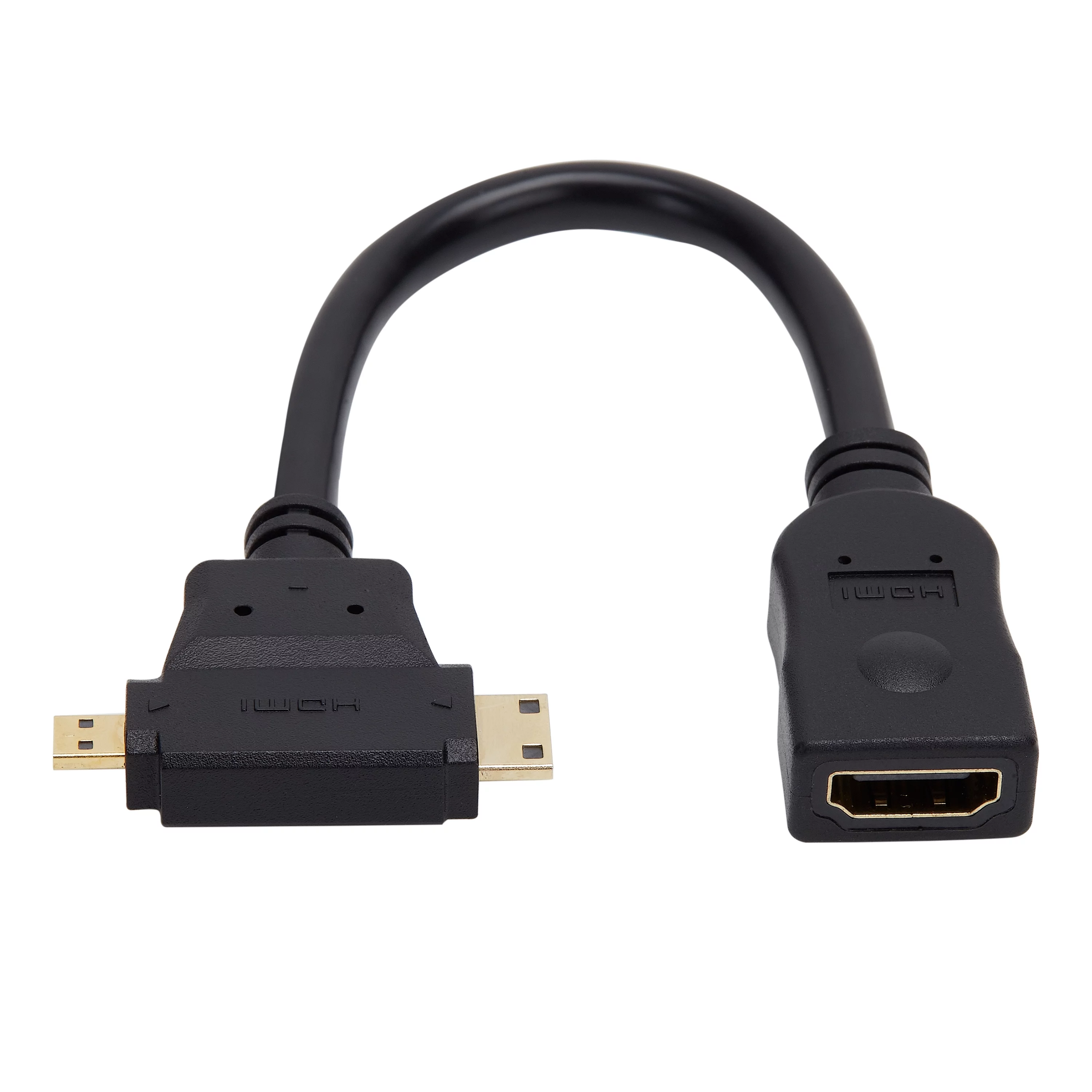
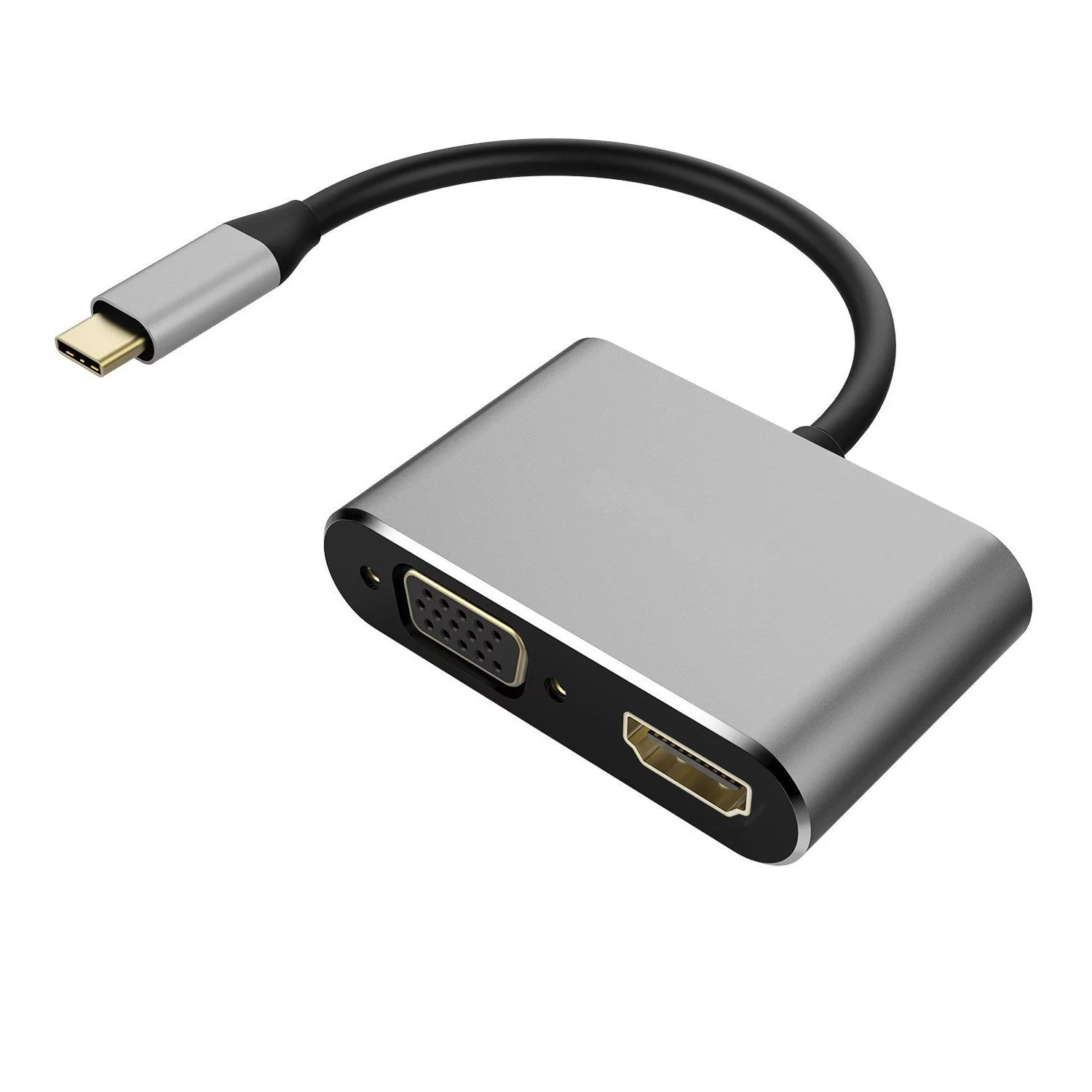
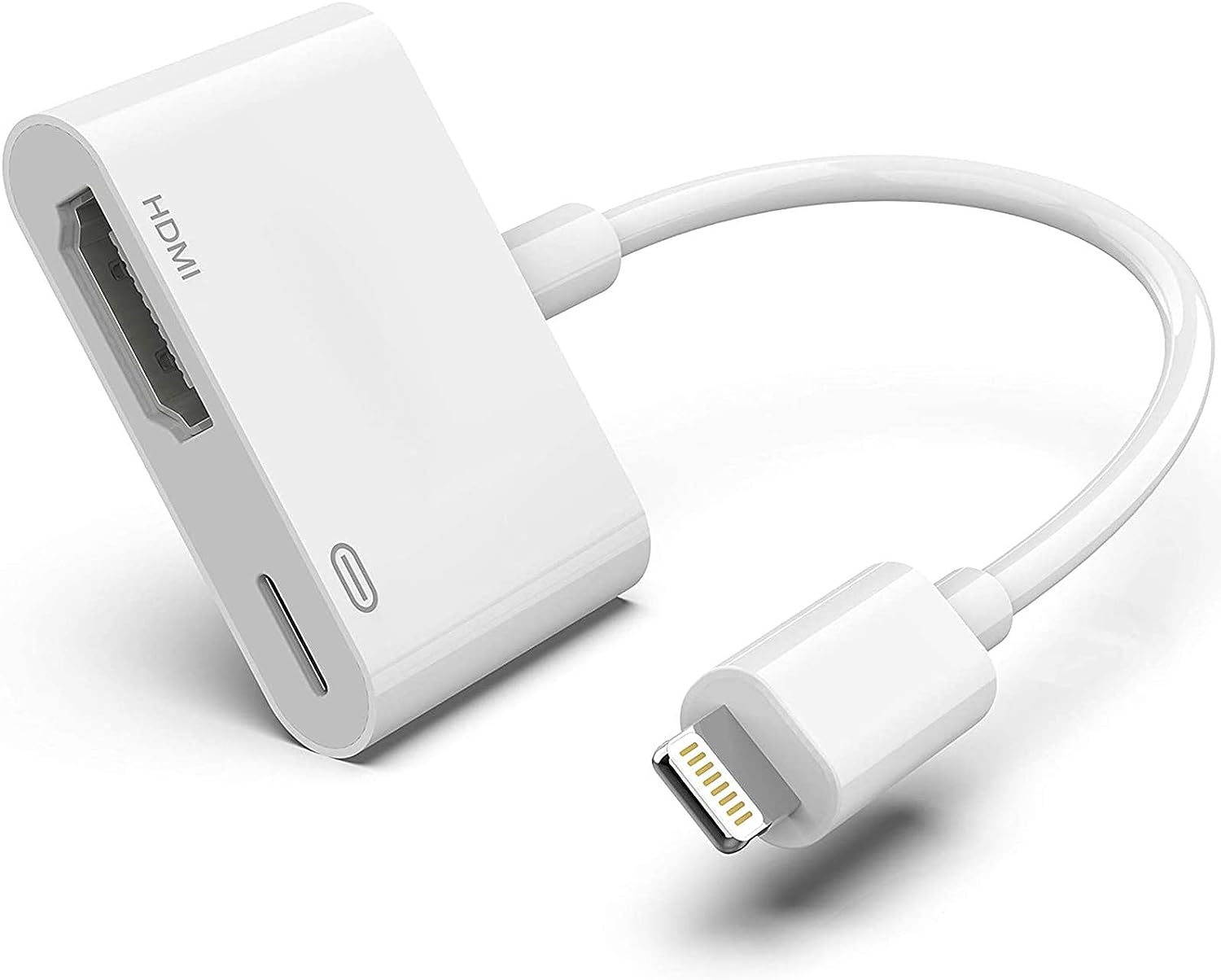
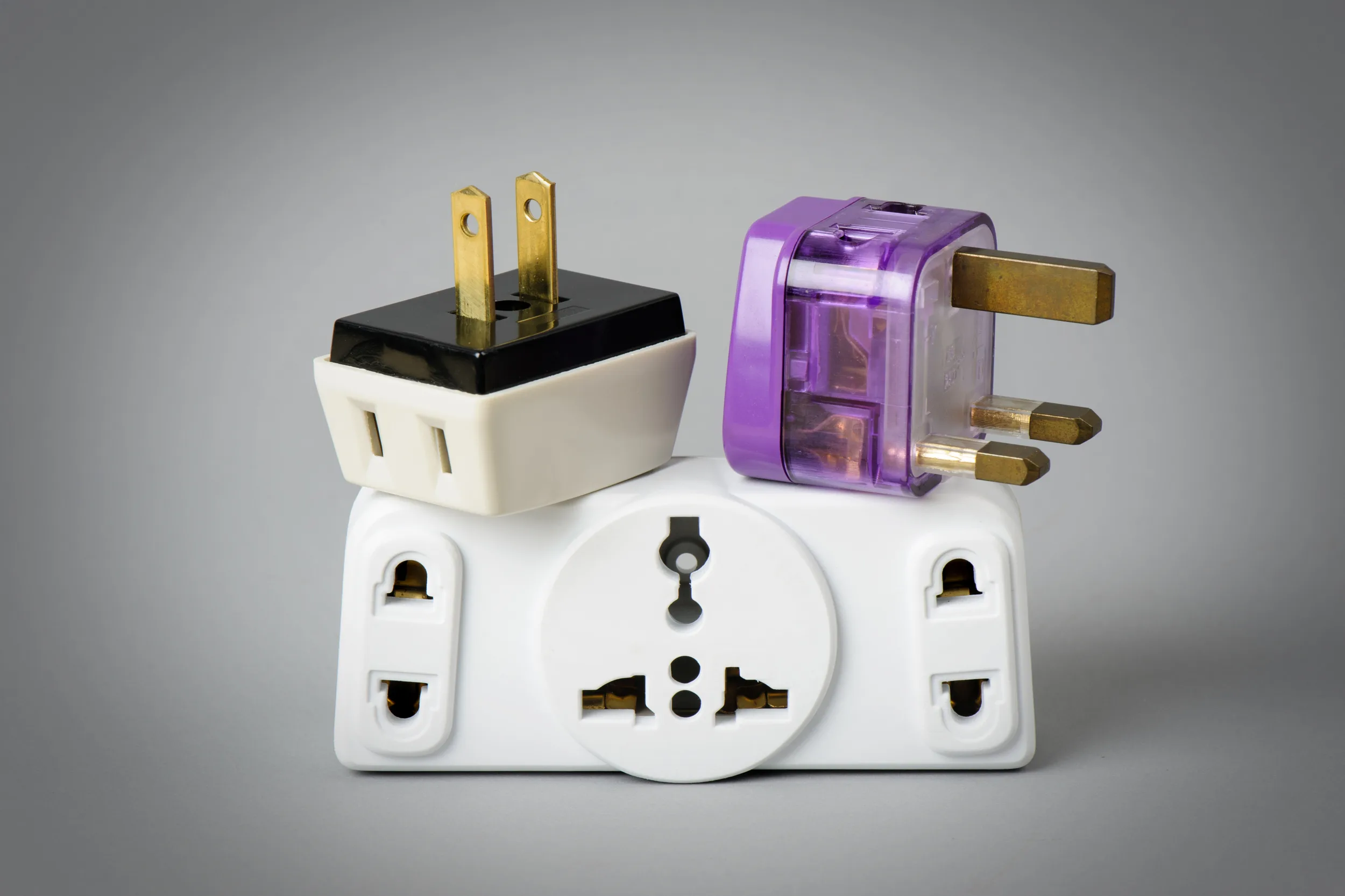
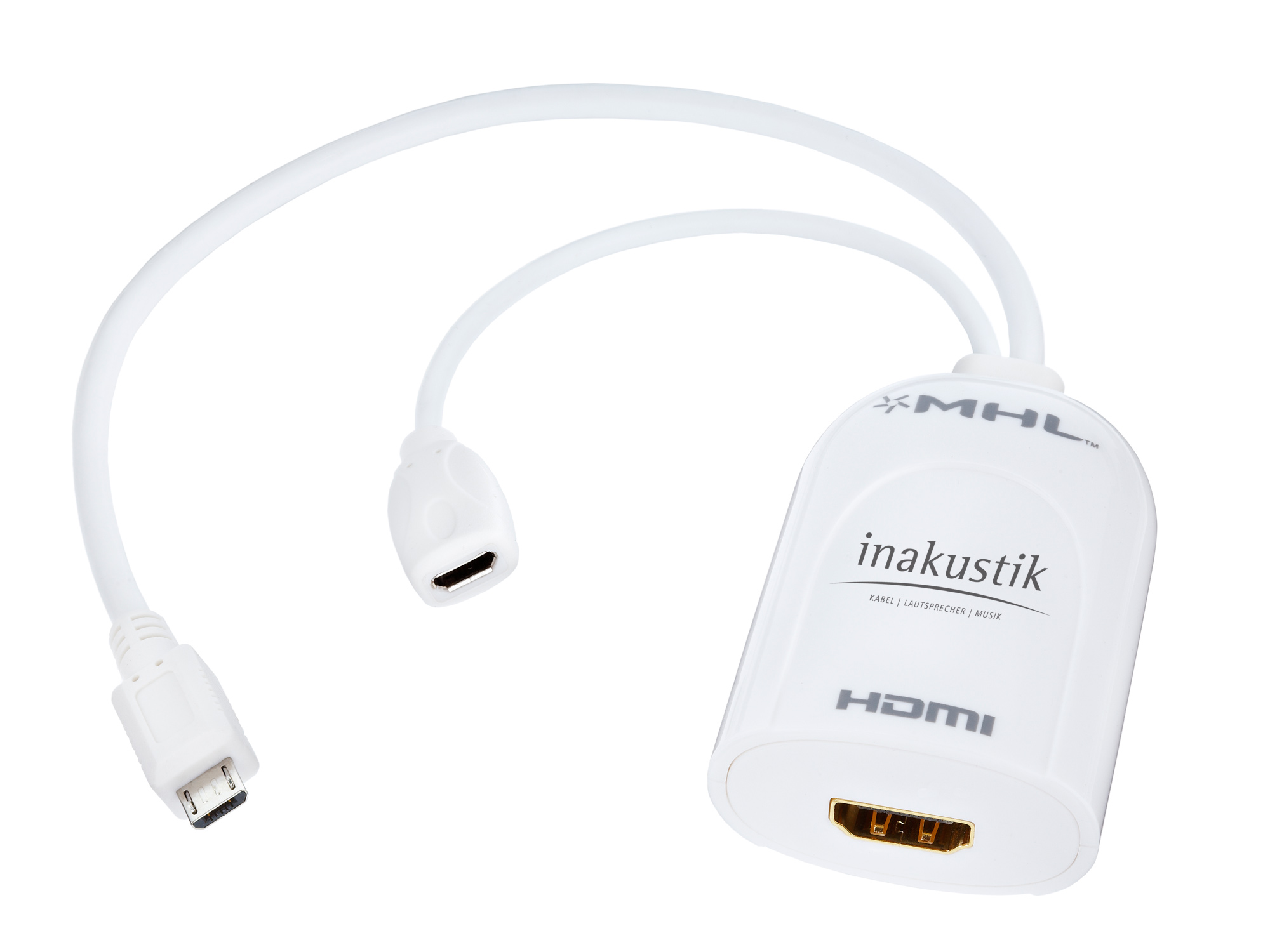
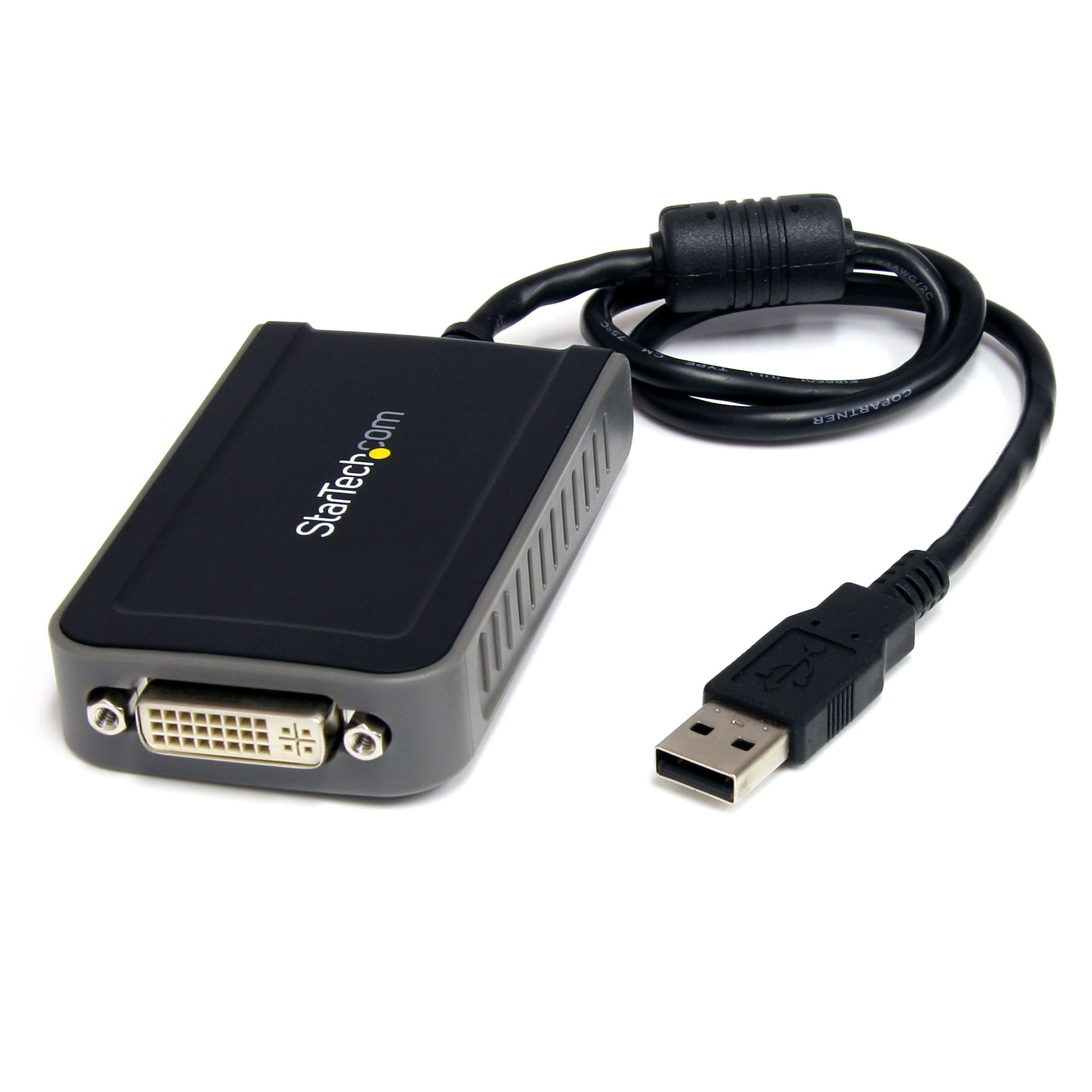
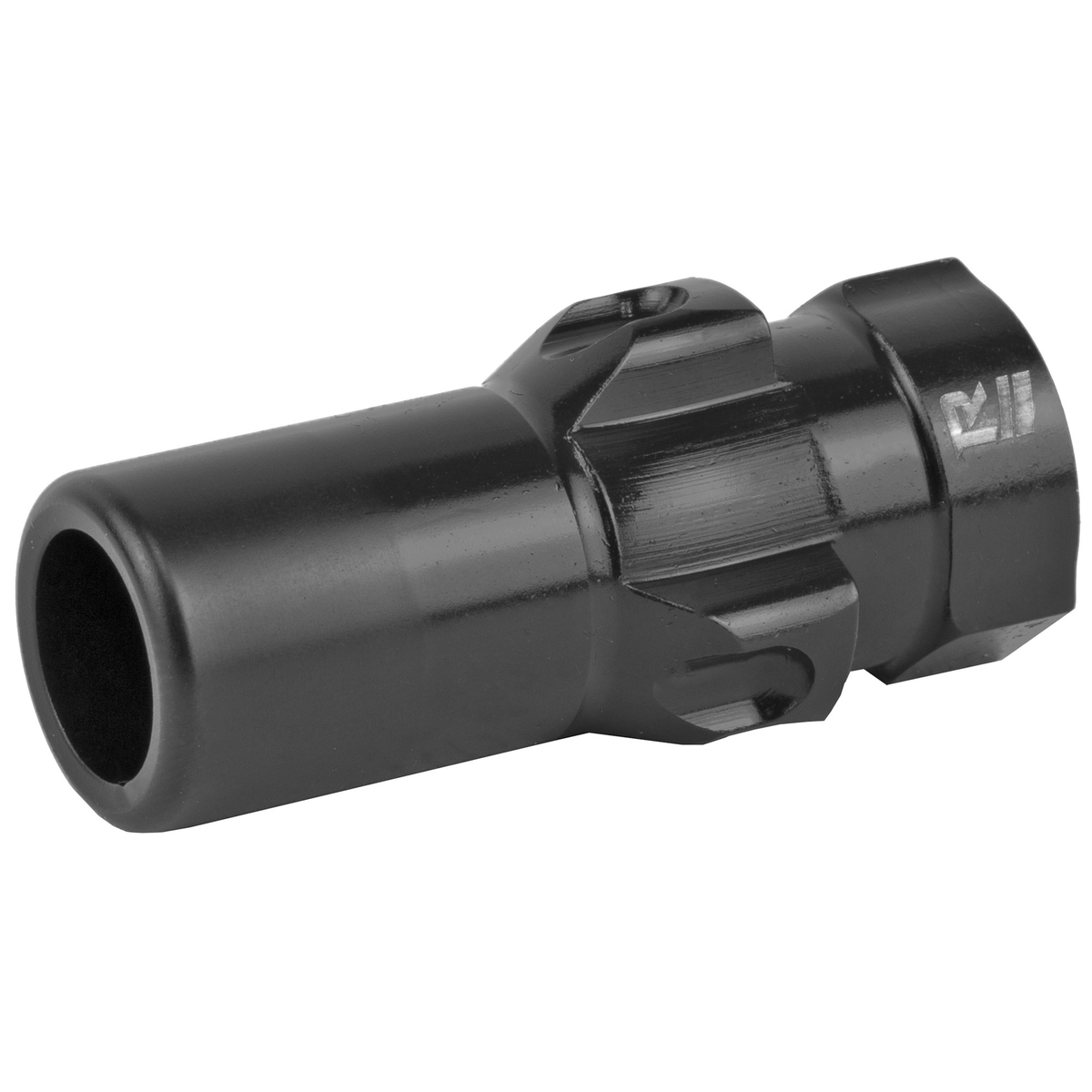
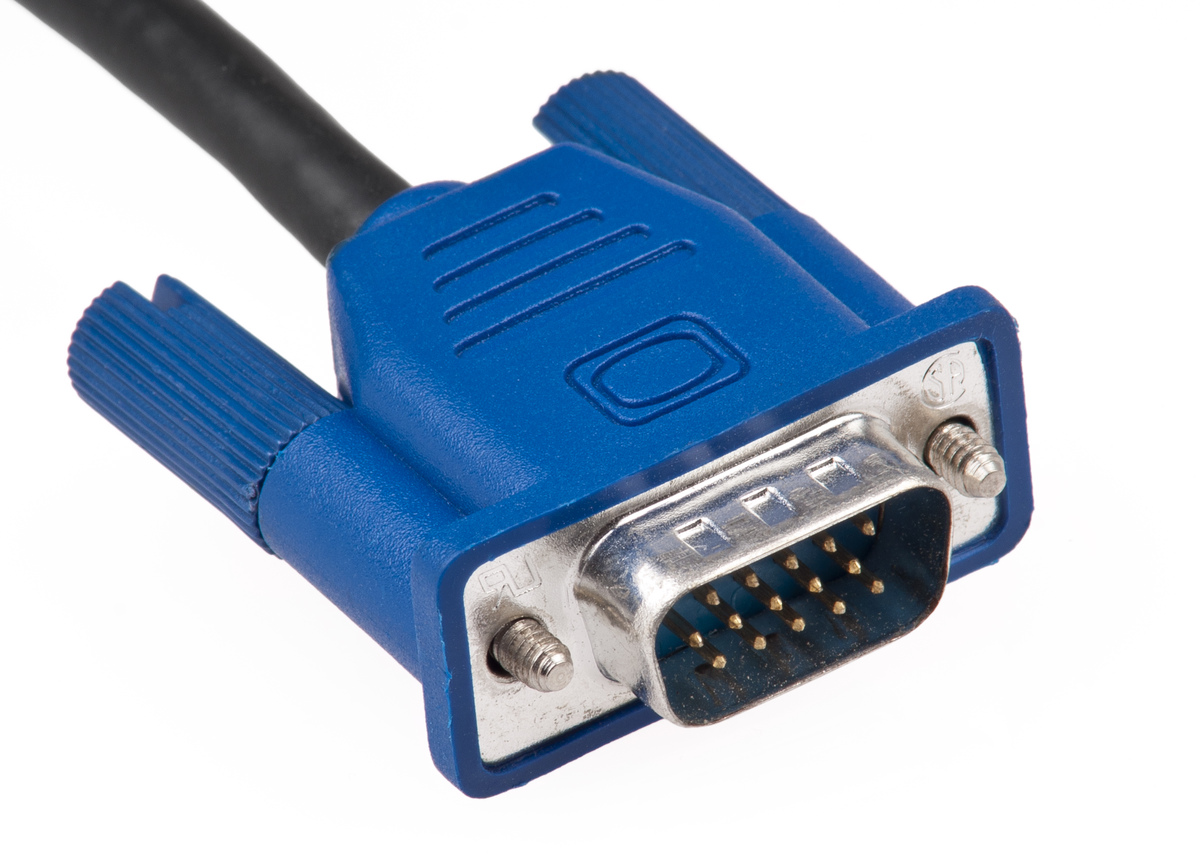
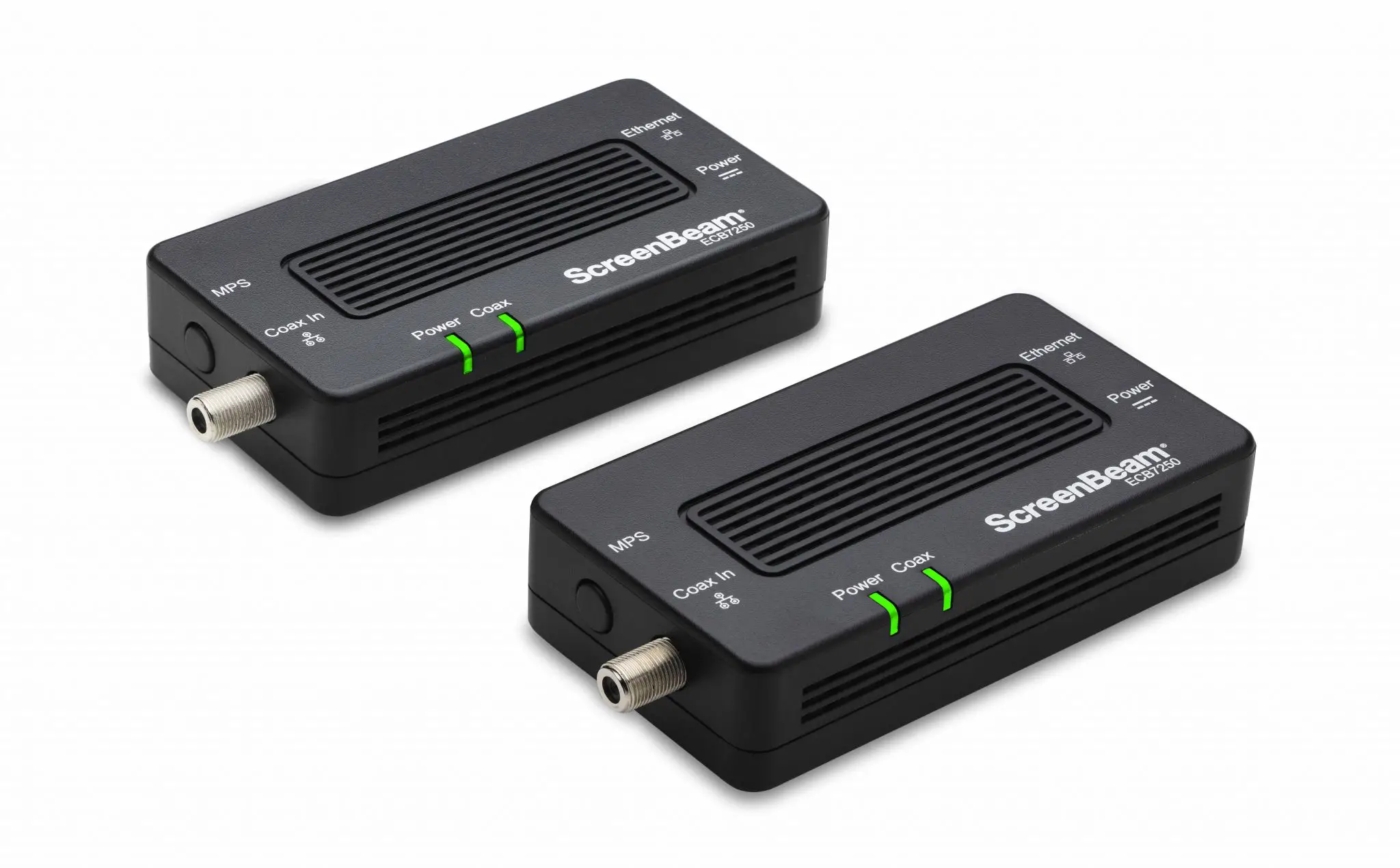
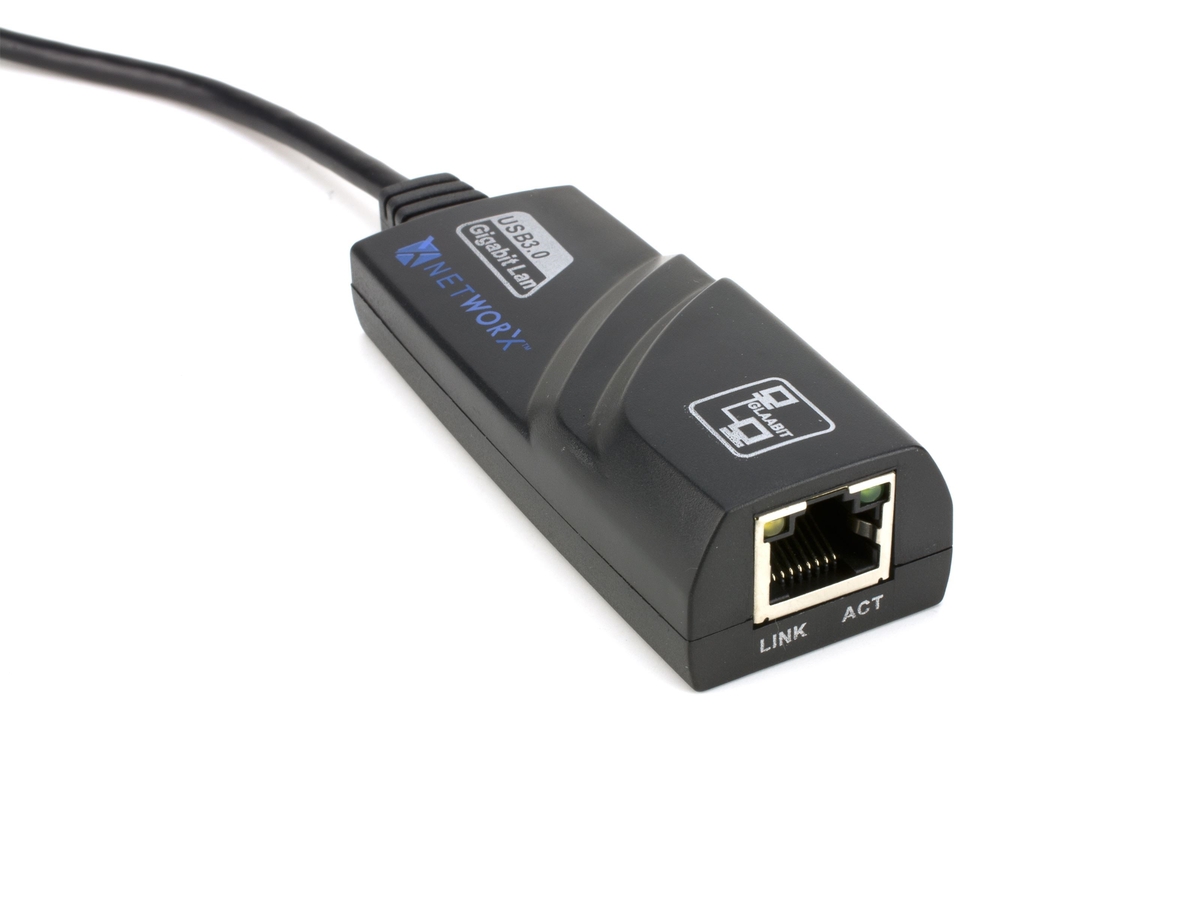
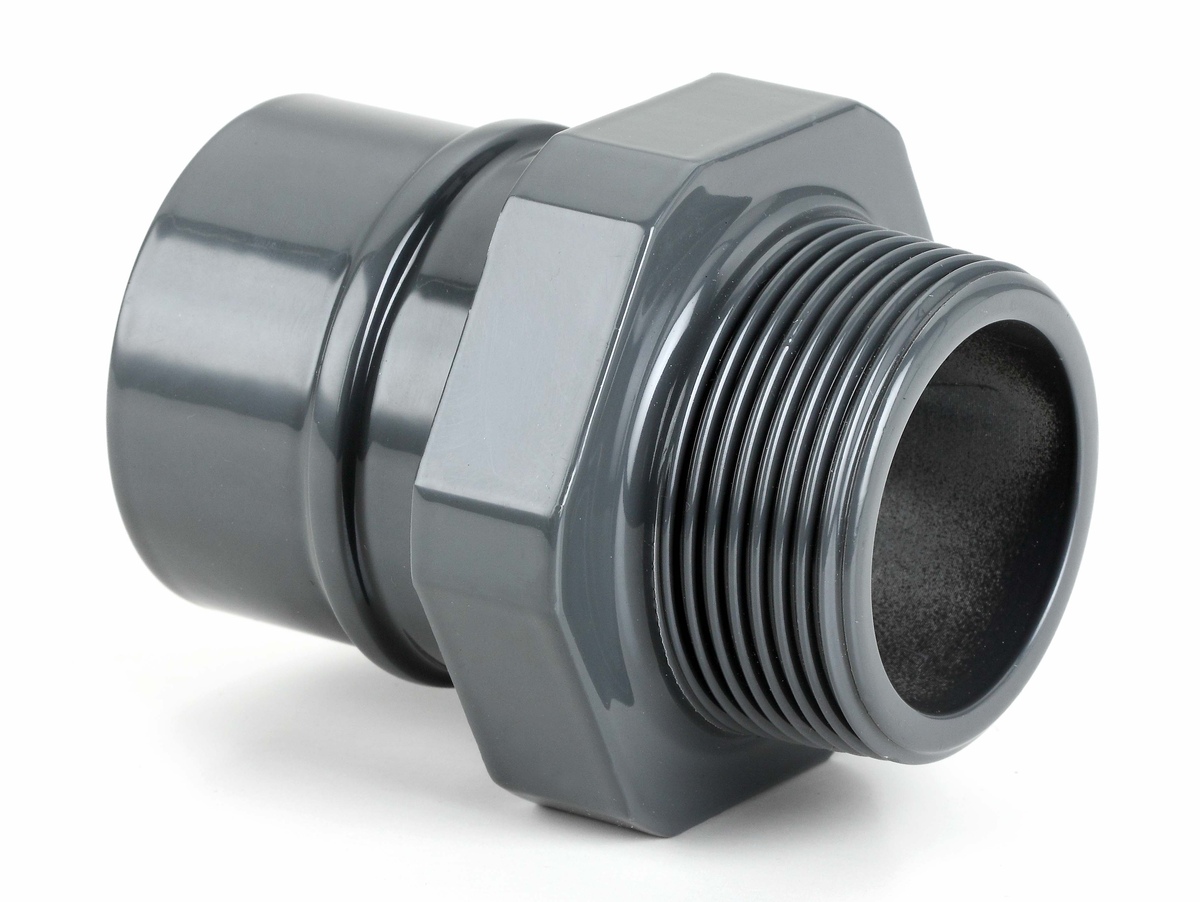
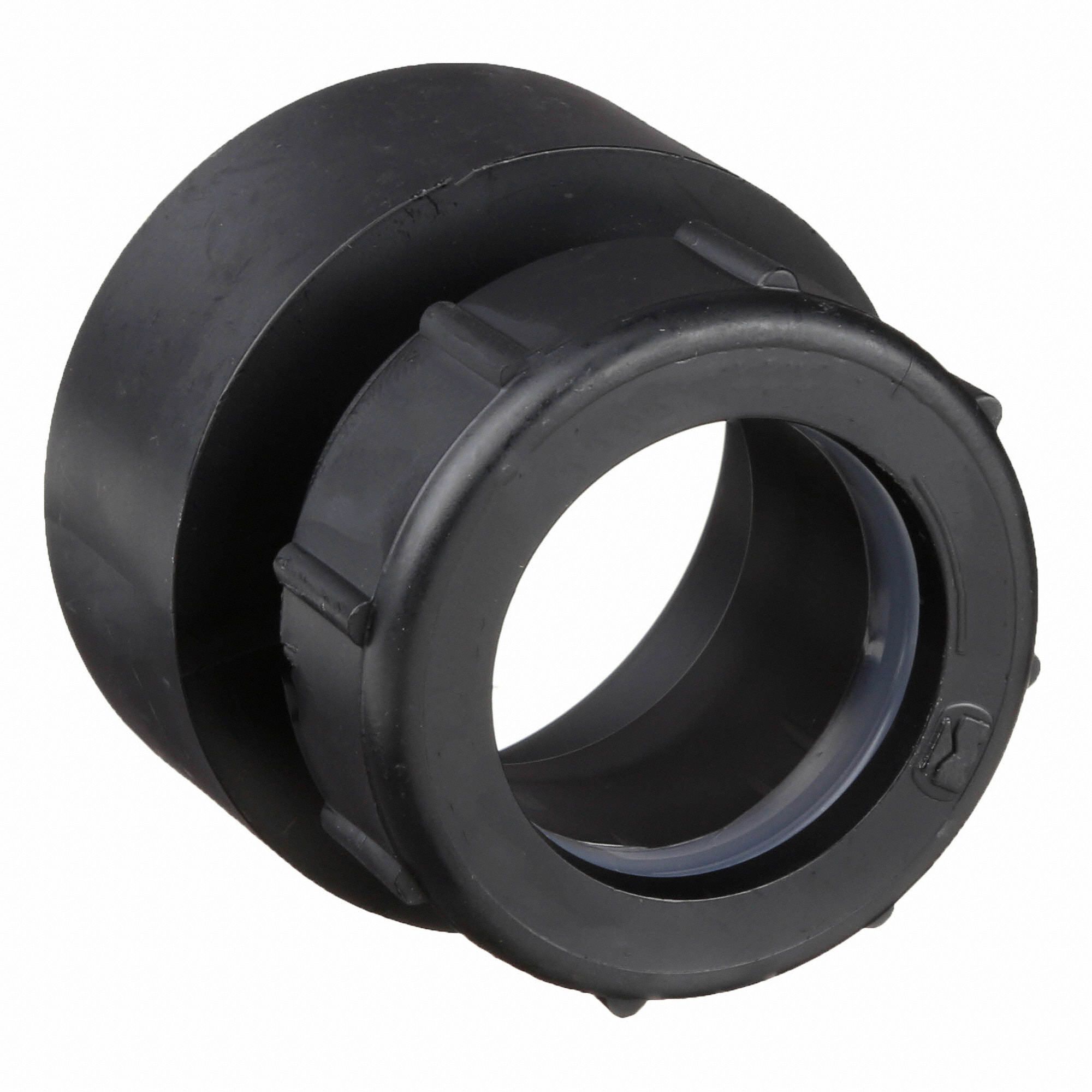
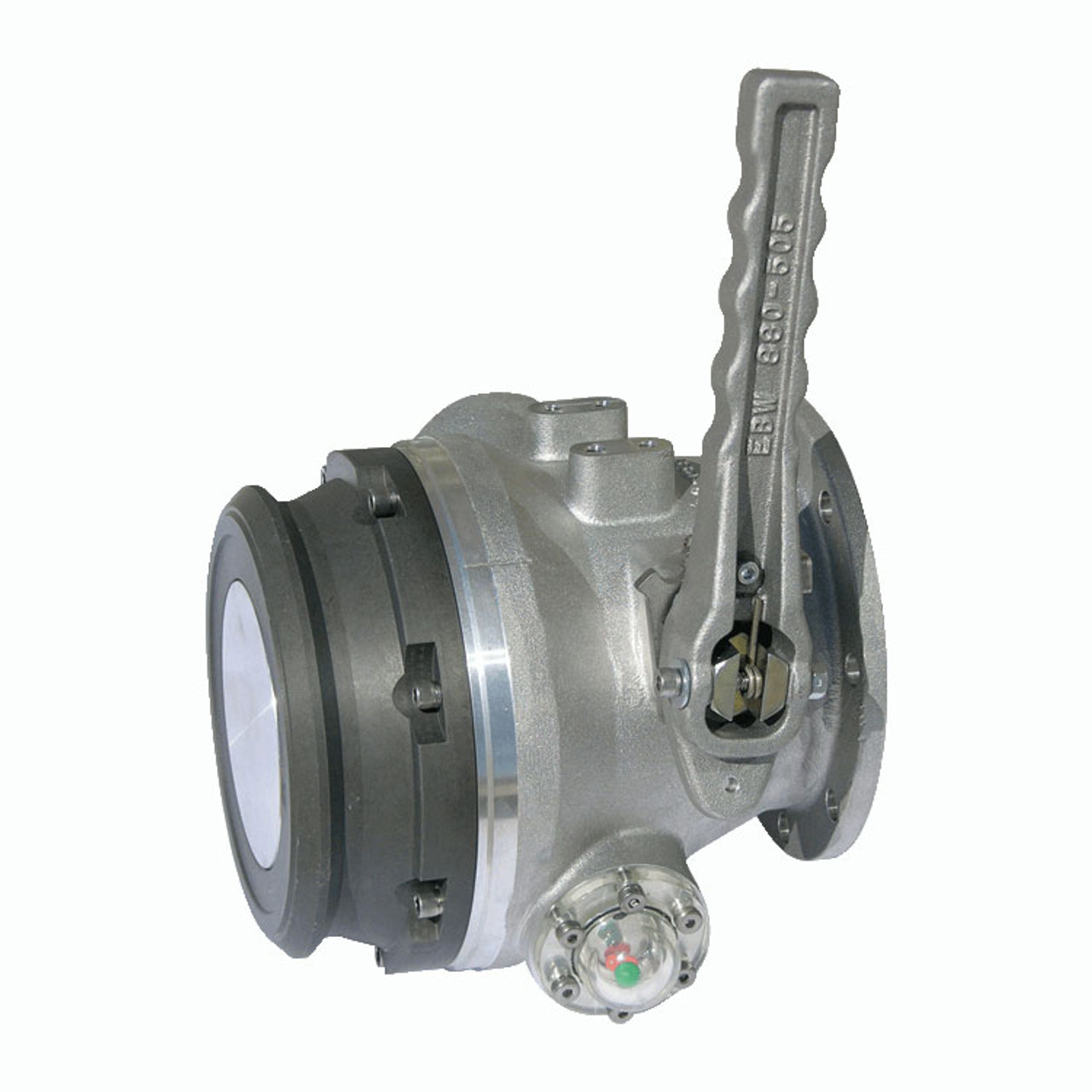
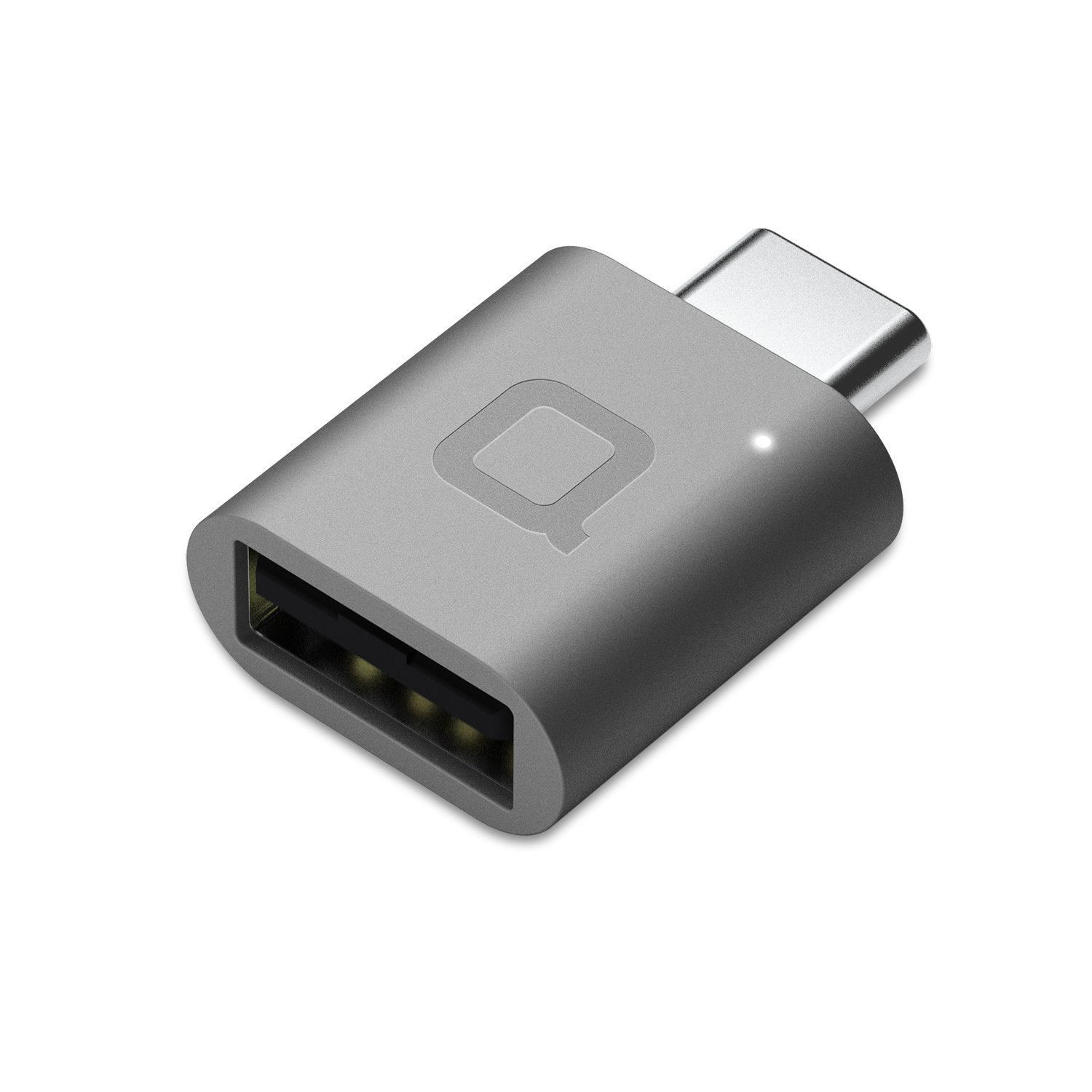

0 thoughts on “What Is Hdmi Adapter”